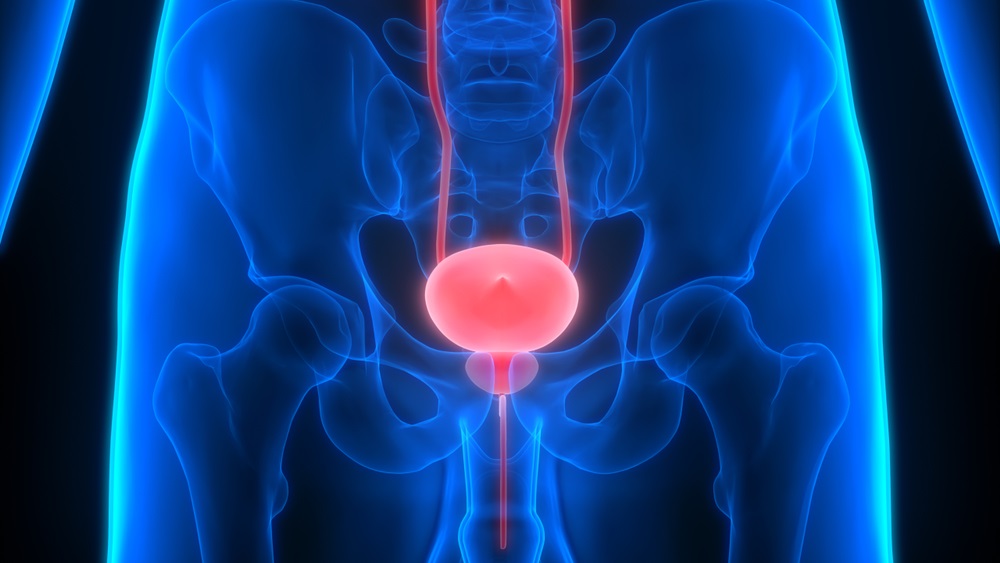This course is part of the RCOG Core Knowledge series.
Urinary incontinence is defined as the involuntary loss of urine. It is a benign, distressing and embarrassing condition affecting up to 25% of women and can lead to a significant restriction in the lifestyles of affected individuals.
This course explores the management options for different types of urinary incontinence – from behavioural therapies through to drugs and surgery. It looks at modern methods of achieving an efficient, cost-effective solution that embraces community and hospital practice within a multidisciplinary approach.
To fully appreciate this course, you will need to be familiar with the RCOG eLearning Assessment of lower urinary tract symptoms.
When you have completed this course, you will be able to:
- describe the initial management of patients prior to urodynamic assessment (which, according to NICE guidelines, will be carried out by GPs)
- describe the role and technique of conservative measures and how these should be explained to patients
- describe the role of continence advisors and specialist physiotherapists
- describe the role of medication in the management of lower urinary tract symptoms
- describe the range of surgical measures for stress incontinence, with emphasis on midurethral tapes
- describe the modern surgical measures for detrusor overactivity, including botulinum toxin A bladder wall injection and neuromodulation, with an awareness of more traditional surgical procedures
- describe the management of other conditions, such as voiding dysfunction and fistula.
George Araklitis (2024)
Dudley Robinson (2007, 2016, 2020)
Mr George Araklitis MBBS MRCOG is a Consultant Urogynaecologist based at King’s College Hospital. He completed his clinical research job and subspecialty training at King’s under the supervision of Professor Linda Cardozo.
Mr Dudley Robinson MD FRCOG is a Consultant Urogynaecologists/Honorary Senior Lecturer, Kings College Hospital.
This course is intended to help clinicians gain core knowledge for O&G training and the MRCOG examinations. It can also be used by O&G consultants to refresh their knowledge of the area or for teaching.
The content of this course relates to the following Capabilities in Practice (CiPs) and key skills.
CiP 1: Clinical skills and patient care
Facilitates women's decision making
Provides treatment
CiP 11: Non-emergency gynaecology and early pregnancy
Manages urogynaecological symptoms
Further details about each CiP can be found within the O&G Core Curriculum 2024 Definitive Document, available here.
Product Details:
Product Name
Price
Management of lower urinary tract dysfunction - 12 Month Access
£64.80
Login to purchase
| Product Name | Price | |
| Management of lower urinary tract dysfunction - 12 Month Access | £64.80 | Login to purchase |

